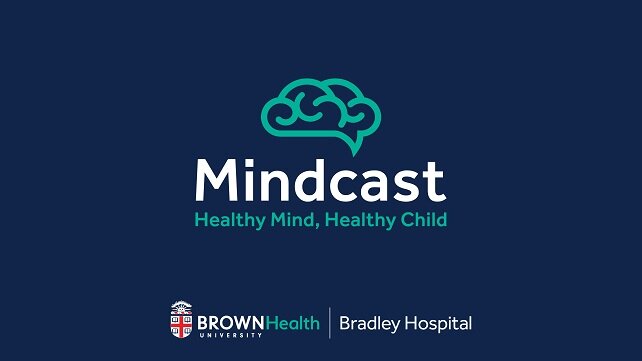Speech Therapy and Its Connection to Mental Health

Speech and language development is an integral part of early childhood. When kids aren’t progressing as they should, it’s important to understand the reason why—and address it. This isn’t just imperative for speech, but also for a child’s long-term mental health.
Commonalities between speech and mental health concerns
Research shows that approximately 71 percent of children with an underlying mental health disorder also have a speech and language disorder, which is a significant portion. A mental health disorder or a speech and language disorder can have an impact on a child’s ability to understand what is known as social language.
For example, a child dealing with a mental health disorder or a speech and language disorder may have trouble establishing appropriate relationships with other children. They may have difficulty initiating and responding to cues for interaction with adults and peers. And they may struggle to formulate sentences so that they make sense.
Attention has a large piece to do with language as well. If you think of children with anxiety, depression, or ADHD, they're not processing their environment because they're in a hyperarousal or hypoarousal state. These children need more support in understanding language and expressing themselves.
COVID-19’s impact
The COVID-19 pandemic had a major impact on children’s speech and language development. Kids weren’t attending school in person, many daycare facilities shut their doors and select community health services became unavailable. Children who were eligible for early intervention were not able to connect with treatment options. Services that were available were being offered virtually, making it difficult for young children to participate.
Importance of early intervention for speech and language disorders
Early intervention is crucial, as it helps reduce the potential for continued, long-term struggles. For example, if children are unable to recognize social cues at a young age, and they don’t learn this skill as they grow up, they’re going to have trouble making friends, formulating relationships, or being able to interview for a job.
Language deficits also have a profound impact on children’s academic skills. There is even language involved in mathematics—think of word problems. Language is all around us, so if these disorders are not treated, they continue to impact children throughout their lives.
Education among parents and caregivers is key
Addressing speech and language development issues is often a multi-touch process. If children are receiving services in the home or an outpatient clinic, the speech pathologist will often do one-on-one training with the parents at the end of the session or include them in the sessions so parents are aware of what strategies are useful.
When a child is receiving speech therapy in a school-based setting, a lot of the education is relayed to the teachers and other staff who are working with the child. The downside is that parents don't get education as frequently, unless they're attending a meeting or information is sent home.
It’s important for parents to reach out whenever they feel they need more support, especially in a school setting, because you don't have that constant communication. Even just asking, “Hey, what's working for them? What can I do at home?” is a terrific start. Speech and language pathologists are always willing to give any kind of education to caregivers or parents.
If a parent feels like their child is not receiving adequate support, whether it's at school or in an outpatient setting, there are alternatives. Children receive social communication therapy at school, but there are a lot of places out in the community that do social skills training. Some community resources bring the kids out together with same-age peers.
Speech and language therapy resources in Rhode Island and southern Massachusetts
If you are concerned about your child’s speech or mental health, the experts at Bradley Hospital can help. Contact the COAST Clinic at Bradley Hospital at 401-432-1119 to learn more about our services.

About the Author:
Rebecca Craine, MSEd, CCC-SLP
Rebecca Craine is a speech pathologist at Bradley Hospital.
Mindcast: Healthy Mind, Healthy Child

Rebecca Craine joines Dr. Gregory Fitz and Dr. Tanuja Gandhi to discuss the increased need for speech therapy for kids and the unique ways speech therapy can help some patients with mental health challenges.
Find a Doctor

The right provider is in our network
Search more than 1,200 providers in our network.



